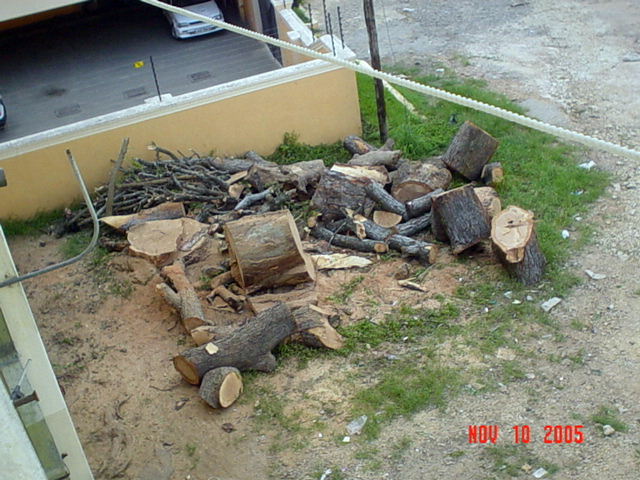Islam in Spain has had a fundamental presence in the culture and history of the nation. The religion was present in modern Spanish soil from 711 until 1492 under the rule of the
Arabs and
Moors of
Al-Andalus. For key historical dates, see
Timeline of the Muslim presence in the Iberian peninsula. As of 2007
[update], it is estimated that over 1 million Muslims live in Spain,
[1] most of them recent immigrants from North Africa, Middle East, and South Asia; although there are also some Spanish converts, estimated at between 20,000
[2] and 50,000.
[3]
History
Conquest
Hispania was the
Latin name given to the whole
Iberian Peninsula (covering the territories of present day Spain and Portugal), and after the fall of the
Western Roman Empire (476) the Teutonic tribe of
Visigoths ended up ruling the whole peninsula until the Islamic conquest (during that time they pushed another
Teutonic tribe out—the
Vandals – and conquered another one—the Suevi). It is frequently stated in historical sources that Spain was one of the former Roman provinces where the Latin language and culture grew deep roots. After the fall of the Empire, the Visigoths continued the tradition by becoming probably the most Romanized of all Teutonic tribes.
On April 30, 711, Islamic leader
Tariq ibn-Ziyad landed at
Gibraltar and by the end of the campaign most of the Iberian Peninsula (except for small areas in the north-west such as
Asturias and the
Basque territory) were brought under Islamic rule. This campaign's turning point was the battle of Guadalete, where the last Visigothic king, Roderick, was defeated and killed on the battlefield. After this eight year campaign, Muslim forces attempted to move north-east across the
Pyrenees Mountains toward France, but were defeated by the
Frankish Catholic
Charles Martel at the
Battle of Tours in 732.
It is commonly held that the relative ease that the Arab armies conquered the Iberian Peninsula with was due to the centralized nature of government under the rule of the Visigoths. After the defeat of Roderick, the Visigoth dominion over the Iberian peninsula folded and fell apart from the Northern coast of Spain, and the province of Septimania (an area of France going from the Pyrenees to Provence), all areas previously under the rule of the Visigoths were under Islamic rule.
Several historical sources state that the Islamic caliphate had not actually targeted Spain for conquest, but that political divisions within the Visigothic kingdom created an opportunity that Tariq and his army exploited successfully. For example, King Roderick was not considered a legitimate ruler by all the inhabitants of the Kingdom, and some Visigothic nobles actually aided the Islamic conquest. One name frequently mentioned is Count Julian of Ceuta in North Africa (this version calls him a Gothic noble), who according to some stories invited Tariq to invade because his daughter had been raped by King Roderick. Other sources instead consider Count Julian to be the last representative of the Byzantine Empire in North Africa.
Islamic rule in the Iberian peninsula lasted for varying periods ranging from only 28 years in the extreme northwest (Galicia) to 781 years in the area surrounding the city of Granada in the southeast.



No comments:
Post a Comment